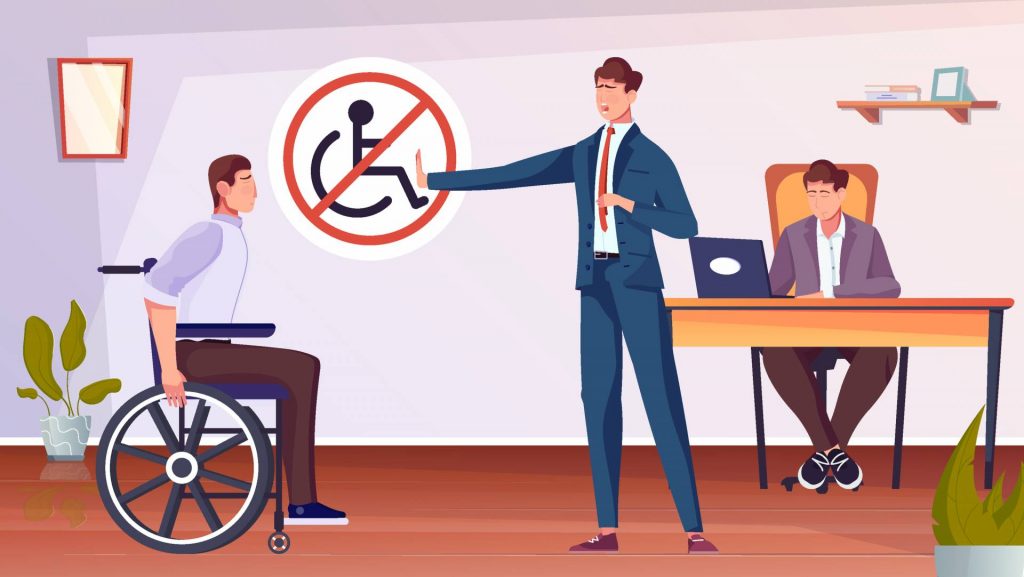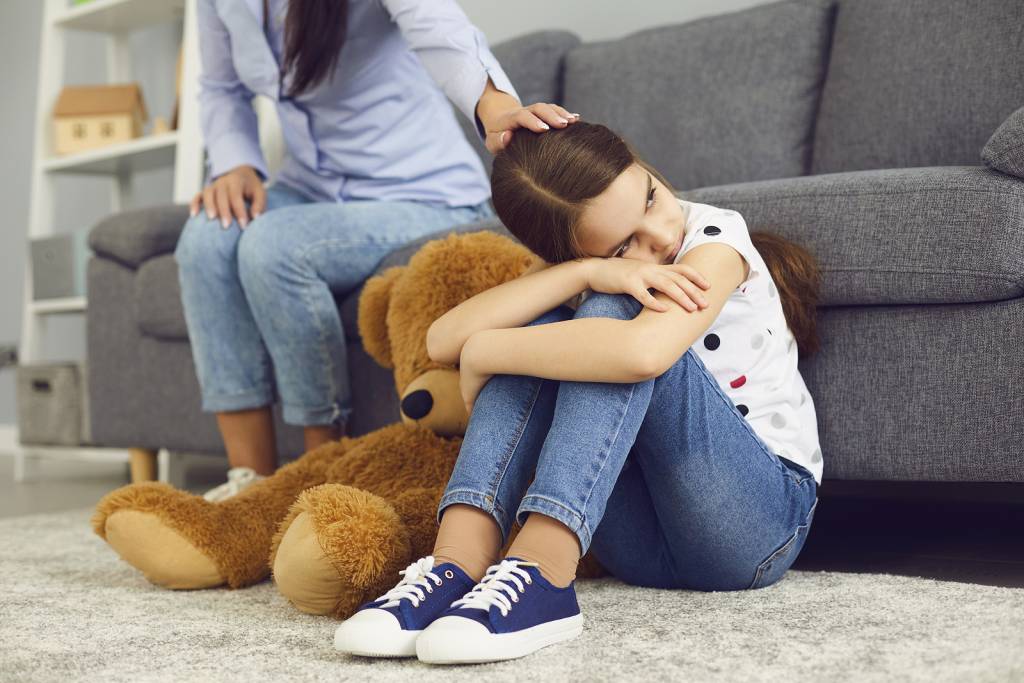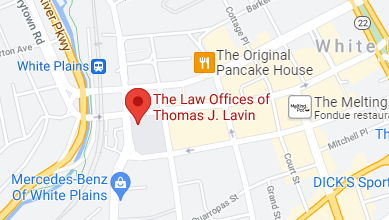While many New York officers are committed to making our communities safe, many others abuse their badge of honor. A lot of incidences of police misconduct go unreported because the victims fear retaliation. However, failure to report the incidences leaves the officers with the liberty to repeat the misdoings on others.
Harassment and brutality are sometimes used interchangeably, but they can mean different things. If you feel like the police harassed or brutalized you, a Bronx personal injury attorney can reaffirm the violation and help you seek compensation.
What Defines Police Brutality or Harassment?
If the police use unreasonable force when arresting you, they can be charged for violating your civil rights. Notably, brutality is not limited to an arrest since it can also happen on the way to booking.
Here are some of its forms:
- Fatal shootings
- Taser gun or stun gun shootings
- Sodomy, rape, or sexual assault
- Excessive use of force
- Abuse of power
You can sue an officer for harassment if they go against the Fourth Amendment of the U.S. Constitution. The law protects every American against unreasonable searches and seizures, and Section 1983 prohibits police officers and other government officials from acting negligently or unreasonably.
How Can I Prove Police Harassment?
Like all other cases, the burden of proof lies with the complainant. And before filing a claim against a police officer, you need to prove the following:
A Pattern of Harassment Behavior
Just one incident of harassment is often insufficient to convict an officer. It is easier to charge him/her if they have demonstrated a pattern of this behavior. Fortunately, police brutality attorneys have the tools necessary to access the files that may contain such information.
Lack of Probable Cause or Warrant
You cannot sue an officer for harassment unless you show that they had no probable cause and warrant to conduct the search or seizure. The courts can easily dismiss a harassment case if you argue that the officer lacked an evidence-based probable cause if the police claim that they had a belief of probable cause.
Serious Injuries or Death
If the harassment incident resulted in injuries that needed you to seek medical attention, or worse, someone died, you have a solid case. You have to prove that the circumstances surrounding the confrontation did not warrant the harassment.
What Should I Do If I’m Harassed or Brutalized by Police?
It is not easy to deal with an instance of police brutality or harassment in New York, and most people may not know what to do if it happens to them. Here is what to do in the face if you encounter such forms of misconduct:
- Be compliant with their requests and protect yourself while at it
- Avoid aggressive behaviors and demonstrate that you are complying with what they request
- Immediately contact a New York police brutality attorney – as soon as the confrontation is over – and they will assist you in seeking justice
Can I Get Compensation for Police Brutality or Harassment?
If it is proved that the police brutalized or harassed you in New York, you can receive damages.
It may include compensation for:
- Disfigurement or disability
- Mental anguish, pain, and suffering
- Economic losses like lost earnings
- Future and past medical expenses
What contributes to Police Harassing and Brutalizing Civilians?
Incidences of police harassment and brutality have been on the rise in New York lately, and many people continue to fall victim. Here are factors that have led to an increase in NYPD misconduct:
Inadequate Training and Supervision
As a profession that allows law enforcers to use force when making arrests and carry firearms, proper training and supervision are necessary. Otherwise, officers may feel as if they are above the law and can go beyond the use of a reasonable amount of force.
Authoritarian Culture
Following the events of 9/11, many noble men and women joined the NYPD to meet the public’s demand for a “war on terror.” However, the war has somehow resulted in a quest to control the citizens through an authoritarian culture. Officers continually act with impunity since the accountability mechanisms were eased.
Shoddy Internal Investigations
An authoritarian culture discourages police officers from reporting criminal acts conducted by their colleagues. You may see officers with repeated complaints of police brutality still working for NYPD because sometimes, the investigators side with the offenders.
How can I Prepare for a Police Harassment or Brutality Lawsuit?
Many people have been victims of police misconduct and want to make an impact in bringing reforms. Here is how one can prepare for a lawsuit:
File a Grievance
Grievances can be filed with a government body with authority over the police or directly with the police department. Even if you do not have all it takes to file a lawsuit at that moment, reporting the incident can help build the misconduct pattern for the future.
Preserve the Evidence
If you have evidence reflecting the harassment or brutality, keep it. Don’t forget that the police may have footage from their body cameras to challenge your account. So it’s safer to keep your own pieces of evidence.
Get a Bronx Police Brutality Attorney as Soon as Possible
An attorney can help review the case from a legal angle and look into procedural rules for filing the lawsuit, for example, the statute of limitations.
Legal Representative Fighting for Your Rights
Even if a responsible police officer decides to report a colleague for misconduct, it may be impossible to charge them without physical evidence and an independent witness account. On the other hand, a police brutality lawyer serving in the Bronx, Brooklyn, and throughout New York State can order the internal affairs file for any officer, secure the addresses of witnesses, and get surveillance tapes.
Remember that businesses don’t keep the surveillance footages for too long. Therefore, the earlier you speak to an attorney, the better the outcomes of your case. A client-focused firm with a staff that can communicate in both English and Spanish can help. Talk to us today on 718-306-9162 for a free consultation 24/7.










